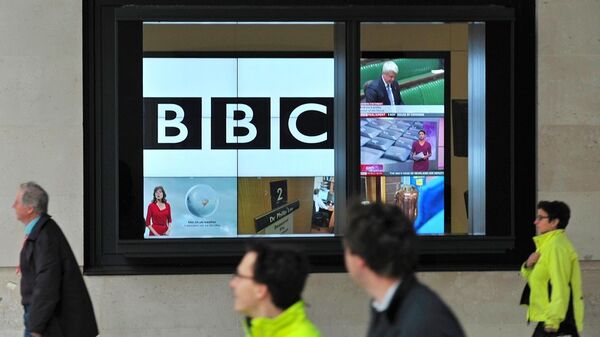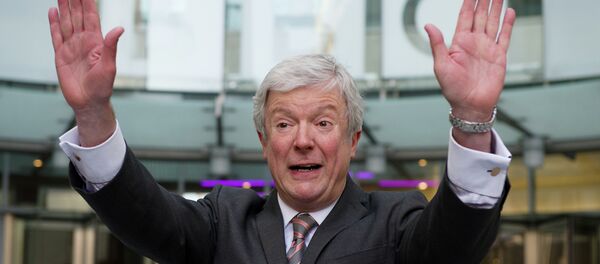"The BBC tends to be in British television terms a state broadcasting arm, it tends to believe without criticism most Foreign Office and domestic proclamations of the government, without criticism, they accept them as facts and true much like they often do with police matters," MacFadyen said.
The BBC was included by media watchdog Ofcom in its list of broadcasters in breach of editorial independence, code of sponsorship, because the company aired programs purchased from NGO's, charities and even foreign governments for a symbolic price of 1 pound ($1.5 at the current exchange rate).
The BBC breached Ofcom's code on sponsorship 20 times on its World News channel, where it featured programs underwritten by founders ranging from the Aga Khan Foundation to the International Diabetes Foundation as well as the UN Food and Agriculture Organization.
MacFadyen stressed that while NGO's content generally does not contain propagandist information because of their narrow agenda, governments almost always do.
"It is the government whose propaganda is the most dangerous, that is the propaganda that justifies wars, killings, and many other issues like that. NGOs are not in that position," MacFadyen said.
Reacting to the publication of the Ofcom report a BBC spokeswoman said: "The BBC Trust investigated these issues in 2011 and we apologized to viewers on air in February 2012."
The British regulator also found CNN International in breach of four conflict-of-interest rules, as well as eight rules covering appropriate news sponsorship and current affairs programming. The channel featured content presented by an anchor who simultaneously presided over FBC News.
Media regulator Ofcom, which uncovered nearly 50 violations, launched its investigation in 2011 following reports of undisclosed businesses funding documentary programs.



